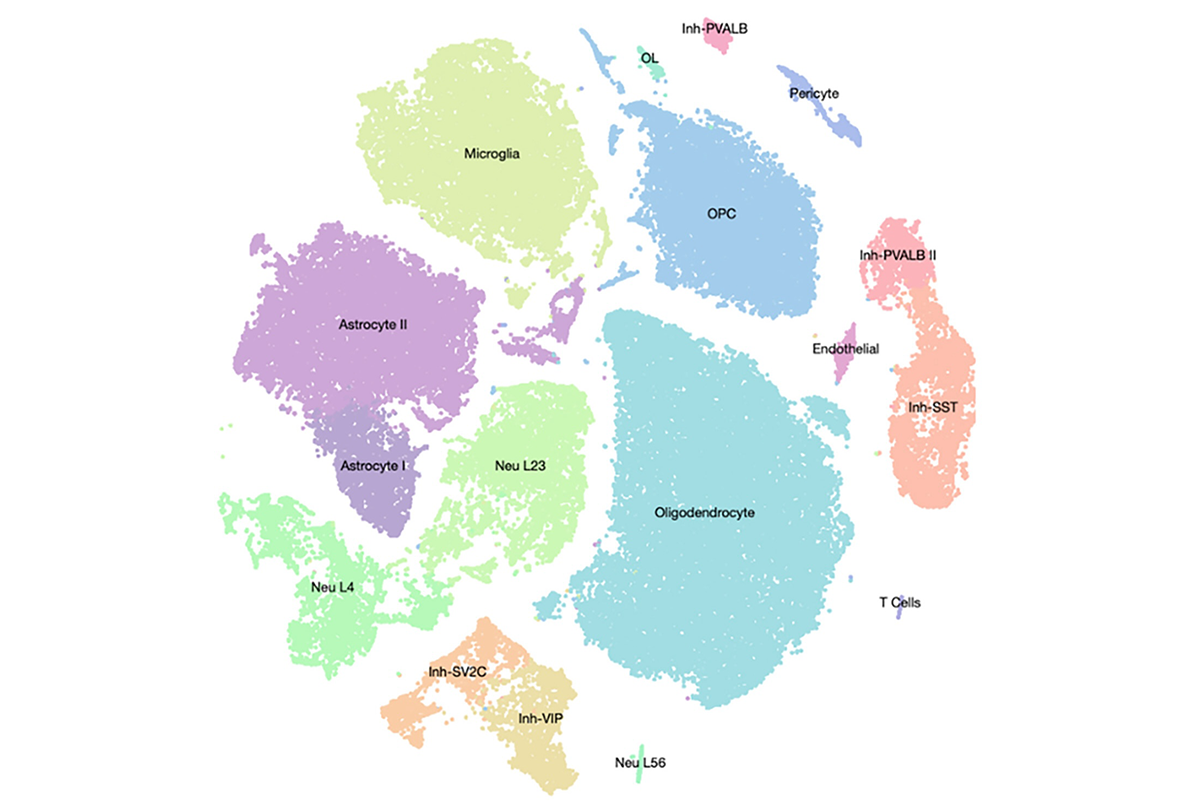- Ketamine alters gene transcription—particularly in signaling, immune function and RNA processing—in ADNP syndrome, molecular effects that may contribute to therapeutic outcomes. Spectrum has covered the therapeutic potential of ketamine in ADNP syndrome. Translational Psychiatry
- Sue Fletcher-Watson details the thinking behind the journal Autism’s new guidelines to flag research studies that include community involvement. Autism
- The biopharmaceutical company Ultragenyx has announced plans to launch a phase 3 clinical trial of its gene therapy GTX-102 for Angelman syndrome. Angelman Syndrome News
- Disruption of electrical gap junctions during early motor neuron development appears to contribute to hyperactivity in neurodevelopmental conditions such as fragile X syndrome, according to a study in zebrafish. Journal of Neuroscience
- Neurons show greater upregulation of gene expression in the duplicated region of chromosome 15 than do other brain cells, according to a study of postmortem brain tissue from people with dup15q syndrome. American Journal of Human Genetics

Cell map: People with dup15q syndrome have similar cell-type representation in the frontal cortex as those with non-dup15q autism and those without either condition.
- Men and women respond differentially to nasally administered oxytocin, according to a review of studies. Trends in Cognitive Sciences
- The pharmaceutical company Roche has halted a phase 2 clinical trial for basmisanil, their novel drug for dup15q syndrome, leaving families who had started treatment devastated. Last month, Spectrum published a commentary from Shafali Jeste, who oversaw one of the treatment sites. STAT
- Minimally verbal autistic people engage in nongenerative speech or echolalia more frequently than verbally fluent autistic people. Autism and Developmental Language Impairments




